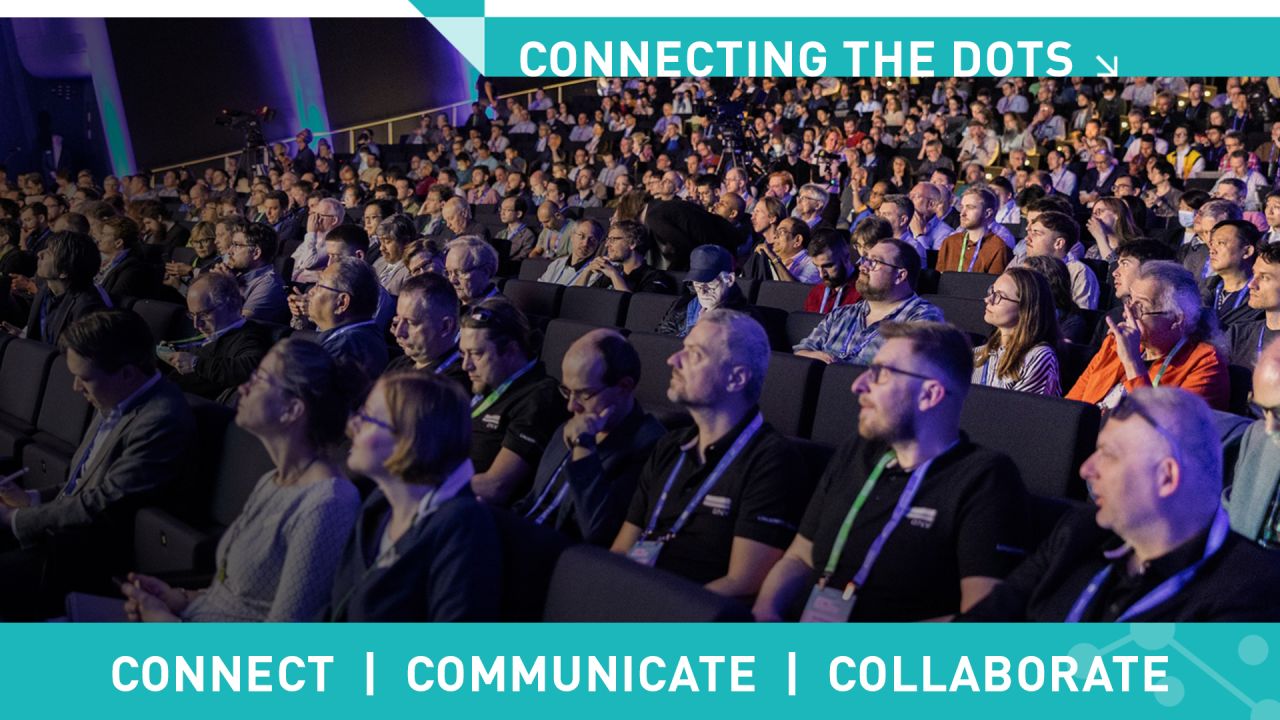
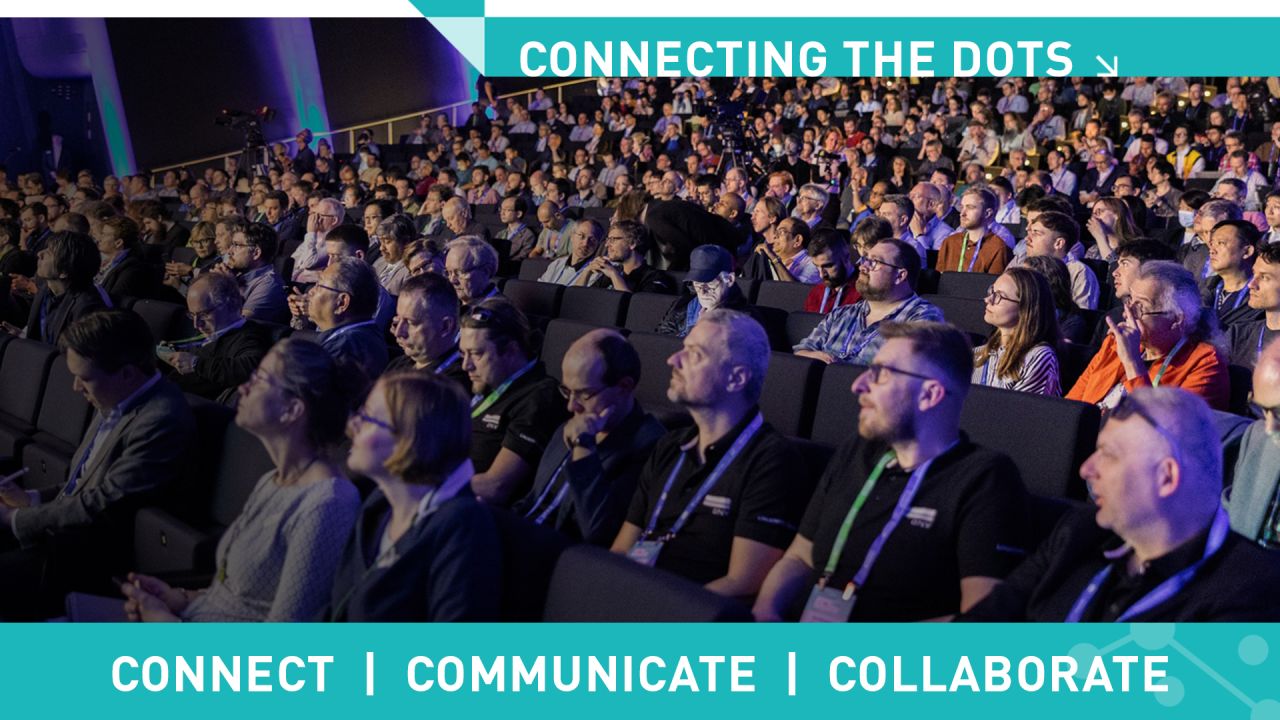
Fifth International Workshop on Computational Aspects of Deep Learning
Friday, June 13, 2025 9:00 AM to 1:00 PM · 4 hr. (Europe/Berlin)
Hall X12 - 1st floor
Workshop
AI Applications powered by HPC TechnologiesLarge Language Models and Generative AI in HPCMixed PrecisionNovel AlgorithmsOptimizing for Energy and Performance
Information
The 5th Workshop on Computational Aspects of Deep Learning (CADL) at ISC 2025 addresses critical challenges at the intersection of Deep Learning and High-Performance Computing. As AI continues to revolutionize various fields, the demand for computational resources has skyrocketed, particularly with the advent of transformer-based models. This shift has transformed AI into a computational science where massive models are trained on large-scale infrastructures, accelerating scientific discovery and improving results in numerous applications.
CADL aims to bring together AI and HPC experts to discuss challenges, exchange ideas, and identify solutions that advance the field in a computationally efficient and energy-saving manner. The workshop focuses on exploring innovative solutions for cost-effective AI, democratizing access to state-of-the-art AI research and development, and fostering effective convergence of AI and HPC.
Key topics include:
- Applied AI in resource-constrained environments
- Novel architectures for data-intensive scenarios
- Energy-efficient training frameworks and algorithms
- Distributed and efficient reinforcement learning
- Large-scale pre-training techniques for real-world applications
- HPC and massively parallel architectures for AI
- Model compression techniques
- Hardware accelerators
- Efficient integration of vision and language models
The workshop will feature a tutorial on recent computational challenges in Deep Learning, multiple sessions with talks on various aspects of AI and HPC, and a keynote on large-scale multi-modality foundation models. The organizers, representing institutions such as NVIDIA, University of Modena and Reggio Emilia, University of Florence, CINECA, BSC Barcelona Supercomputing Center, and CSCS Swiss National Supercomputing Centre, bring extensive experience in managing and reviewing submissions in this field.
CADL expects to attract 60-80 attendees, with 20+ submissions and an approximate 50% acceptance rate. The workshop will provide a platform for researchers and practitioners to share insights, experiences, and solutions to computational challenges in AI research. By promoting the use of HPC systems for AI and encouraging the development of efficient model architectures and training strategies, CADL aims to contribute to the democratization of HPC and AI applications, allowing researchers with limited resources easier access to this research arena.
The workshop will conclude with an award for the best academic paper, providing the winner with an NVIDIA GPU or GPU hours in the cloud to facilitate further research. Through these initiatives, CADL seeks to foster valuable connections between researchers and practitioners from diverse backgrounds, potentially leading to future collaborations and advancements in the field of AI and HPC.
Organizers:
CADL aims to bring together AI and HPC experts to discuss challenges, exchange ideas, and identify solutions that advance the field in a computationally efficient and energy-saving manner. The workshop focuses on exploring innovative solutions for cost-effective AI, democratizing access to state-of-the-art AI research and development, and fostering effective convergence of AI and HPC.
Key topics include:
- Applied AI in resource-constrained environments
- Novel architectures for data-intensive scenarios
- Energy-efficient training frameworks and algorithms
- Distributed and efficient reinforcement learning
- Large-scale pre-training techniques for real-world applications
- HPC and massively parallel architectures for AI
- Model compression techniques
- Hardware accelerators
- Efficient integration of vision and language models
The workshop will feature a tutorial on recent computational challenges in Deep Learning, multiple sessions with talks on various aspects of AI and HPC, and a keynote on large-scale multi-modality foundation models. The organizers, representing institutions such as NVIDIA, University of Modena and Reggio Emilia, University of Florence, CINECA, BSC Barcelona Supercomputing Center, and CSCS Swiss National Supercomputing Centre, bring extensive experience in managing and reviewing submissions in this field.
CADL expects to attract 60-80 attendees, with 20+ submissions and an approximate 50% acceptance rate. The workshop will provide a platform for researchers and practitioners to share insights, experiences, and solutions to computational challenges in AI research. By promoting the use of HPC systems for AI and encouraging the development of efficient model architectures and training strategies, CADL aims to contribute to the democratization of HPC and AI applications, allowing researchers with limited resources easier access to this research arena.
The workshop will conclude with an award for the best academic paper, providing the winner with an NVIDIA GPU or GPU hours in the cloud to facilitate further research. Through these initiatives, CADL seeks to foster valuable connections between researchers and practitioners from diverse backgrounds, potentially leading to future collaborations and advancements in the field of AI and HPC.
Organizers:
Format
On Site
Targeted Audience
The CADL workshop targets ISC participants interested in computational challenges in deep learning. This includes researchers, practitioners, and professionals working on AI, HPC, and their intersection. The audience is expected to be diverse, ranging from those developing efficient AI architectures to those applying AI in resource-constrained or large-scale computing environments.
Beginner Level
10%
Intermediate Level
70%
Advanced Level
20%
Speakers
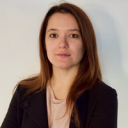
Laura Morselli
Solution ArchitectCINECA
Giuseppe Fiameni
Solutions ArchitectNVIDIA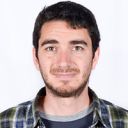
Dario Garcia-Gasulla
Leading ResearcherBSC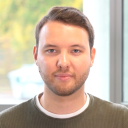
Marcel Aach
Research AssistantJülich Supercomputing CenterAC
Andrea Cossu
Assistant ProfessorUniversity of PisaRS
Riccardo Scheda
HPC SpecialistCINECA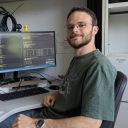
Hiari Pizzini Cavagna
PhD StudentUniversity of Bologna
Damian Rouson
Senior Scientist & Group LeadBerkeley LabFP
Frédéric Parienté
DirectorNVIDIASP
Sergio Perez
Solution ArchitectNVIDIA